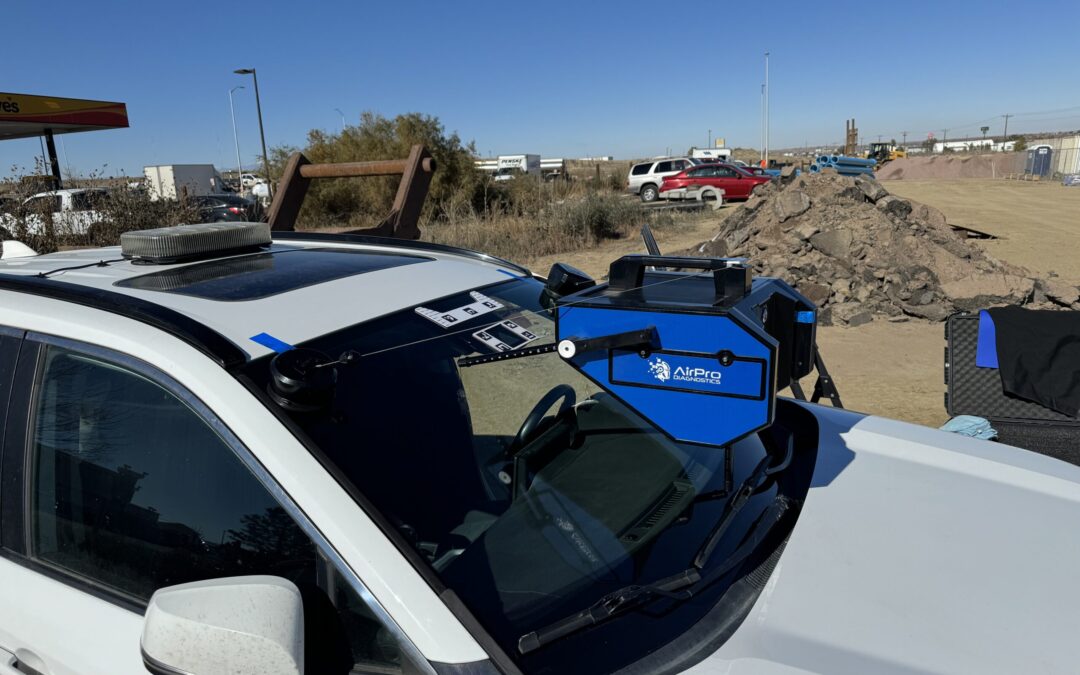ADAS, or Advanced Driver Assistance Systems, is like having an extra set of eyes on the road. These systems utilize a variety of vehicle sensors to monitor your surroundings, alerting you to potential dangers and even taking control of the vehicle in certain situations to prevent accidents. However, like all technology, ADAS is not infallible. It needs regular calibration to ensure it’s working correctly and providing the level of safety it was designed to offer.
Calibration ensures that the sensors used by ADAS are correctly aligned and can accurately detect potential hazards. Without it, these systems may not function as intended, leading to a false sense of security and potentially dangerous situations. That’s why it’s so critical to understand the importance of regular ADAS calibration, not just for your safety but for the safety of everyone on the road.
The bottom line is this: If you want to take full advantage of the safety benefits ADAS offers, regular calibration is non-negotiable. It’s not just about maintaining your vehicle; it’s about making a commitment to road safety. So, let’s dive into the world of ADAS calibration and explore why it’s such a vital part of enhancing road safety.
Understanding the Necessity of ADAS Calibration
Ensuring that your vehicle’s Advanced Driver Assistance Systems (ADAS) functions optimally is crucial for maintaining safety on the road. Proper ADAS calibration is vital for multiple reasons:
- Accuracy of Safety Features: Proper calibration ensures that ADAS features such as collision avoidance, lane departure warnings, and adaptive cruise control operate accurately and efficiently, reducing the risk of accidents and providing essential safety support to drivers.
- Performance Consistency: Calibration helps maintain the consistency of your vehicle’s safety system performance, ensuring that you can rely on these features whenever they are needed.
- Complying with Manufacturer Guidelines: Vehicle manufacturers often require routine ADAS calibration as part of regular vehicle maintenance to guarantee the intended performance of safety features.
Situations Requiring ADAS Calibration
ADAS calibration may be necessary in various scenarios, particularly when changes occur that could impact the system’s operation:
- Windshield Replacement or Repair: ADAS sensors and cameras are often located on the windshield, and any replacement or repair could potentially affect their alignment. Calibration is necessary after a windshield service to ensure the system continues to function accurately.
- Changes in Vehicle Suspension: Modifications to your vehicle’s suspension, such as after an alignment service or installation of new components, could potentially alter the vehicle’s dynamics, necessitating ADAS recalibration.
- Vehicle Collision: In the event of an accident, it’s crucial to check and recalibrate your vehicle’s ADAS system to ensure all safety features are functioning optimally during the repair process.
- System Upgrades or Updates: Regular software updates or system upgrades may affect the performance of ADAS components, and professional calibration is necessary to guarantee accuracy.
Our Comprehensive ADAS Calibration Process
Our team of skilled technicians is committed to providing excellent service and accurate ADAS calibration through our thorough process:
- Initial Assessment: We begin by conducting a comprehensive evaluation of your vehicle’s ADAS system, identifying any potential issues or necessary updates.
- Calibration Procedure: Utilizing advanced diagnostic tools and equipment, our technicians perform precise ADAS calibration, adjusting all necessary sensors and cameras to their optimal positions.
- Functionality Testing: After calibration, we conduct a series of tests to ensure the accuracy and efficiency of your vehicle’s ADAS features. This step is crucial for confirming that the system is functioning as intended and meeting safety standards.
- Documentation and Reporting: We provide detailed documentation of all completed work and any relevant findings, keeping you informed about the current status of your vehicle’s safety features.
Tips for Maintaining Your Vehicle’s ADAS Performance
To keep your vehicle’s ADAS system functioning optimally throughout its lifespan, consider the following maintenance tips:
- Regular Inspections: Schedule routine inspections by trained technicians to ensure your vehicle’s ADAS system remains accurate and efficient.
- Stay Informed on Software Updates: Keep track of any software updates for your vehicle’s ADAS system and consult with professionals to ensure successful implementation.
- Avoid DIY Calibration: ADAS calibration requires specialized equipment and knowledge. Attempting to calibrate the system yourself could lead to inaccuracies and diminished safety. Always consult with certified professionals for ADAS calibration services.
- Address Issues Promptly: If you notice a decrease in your vehicle’s safety system performance or receive any error messages, consult with trained technicians immediately to diagnose the issue and perform necessary repairs or adjustments.
The Impact of ADAS Calibration on Enhancing Road Safety
Regular ADAS calibration is essential for maintaining the optimal performance of your vehicle’s advanced safety features, ensuring accuracy and efficiency on the road. By understanding the importance of ADAS calibration and trusting our dedicated professionals, you can help guarantee that your vehicle’s safety systems are functioning as intended, contributing to a safer driving experience for all.
Schedule an appointment today with our team of expert technicians at A Better View Windshield Repair, who are committed to providing exceptional ADAS calibration services that enhance vehicle safety and performance. Experience firsthand the benefits of accurate and efficient calibration, ensuring the utmost protection for yourself and your loved ones on the road.


